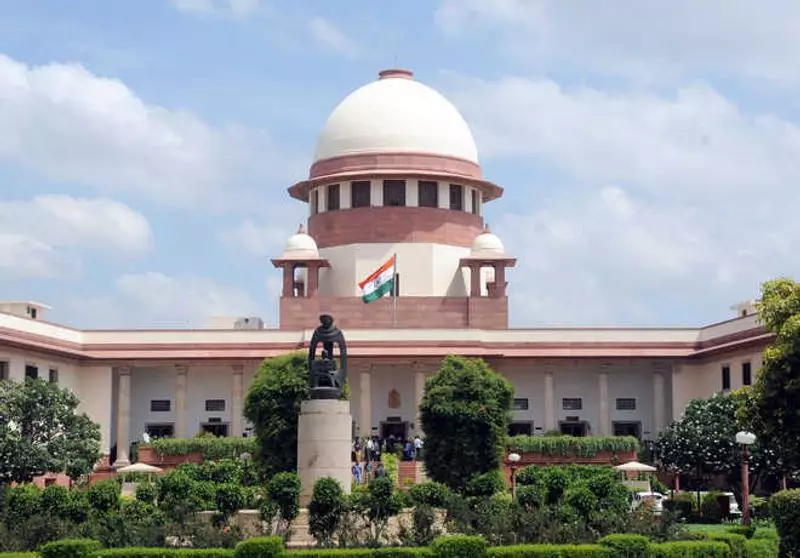
The Supreme Court of India has taken a stern stance against the escalating pollution crisis in Delhi, directing the Delhi government to submit a comprehensive affidavit outlining the steps taken to combat the hazardous air quality situation. The apex court expressed deep concern over the worsening environmental conditions in the national capital region.
Judicial Intervention in Environmental Emergency
During the recent hearing, the Supreme Court bench demonstrated clear frustration with the current state of air pollution in Delhi. The court emphasized the urgent need for concrete action rather than mere promises and paperwork. The judicial intervention comes as Delhi's air quality index continues to hover in the severe category, posing significant health risks to millions of residents.
The bench specifically questioned the effectiveness of existing pollution control measures and demanded transparency in the government's approach to tackling this perennial problem. The court's strong wording indicates the seriousness of the environmental crisis and the need for immediate, result-oriented solutions.
Government Accountability and Response
The Delhi government now faces increased pressure to demonstrate tangible progress in pollution control. The required affidavit must detail all implemented measures, their outcomes, and future strategies to combat air pollution. This legal directive represents one of the strongest judicial responses to the ongoing environmental challenge that Delhi faces annually, particularly during the winter months.
Environmental experts have welcomed the Supreme Court's intervention, noting that the systematic approach demanded by the court could lead to more effective pollution control policies. The affidavit requirement ensures that the government must present verified data and clear action plans rather than making vague commitments.
Broader Implications for Pollution Control
The Supreme Court's order extends beyond immediate administrative compliance. It sets a precedent for environmental accountability and could influence pollution control strategies across multiple northern Indian states that contribute to the regional air quality problem. The timing of this judicial intervention is particularly crucial as Delhi prepares for potentially worsening air conditions in the coming weeks.
Public health advocates have emphasized that the court's proactive stance could accelerate the implementation of much-needed anti-pollution measures. The requirement for a detailed affidavit ensures that the government's actions will be subject to judicial scrutiny, potentially leading to more effective environmental governance.
As Delhi residents continue to grapple with the health impacts of severe air pollution, all eyes are now on the Delhi government's response to the Supreme Court's directive. The affidavit, when submitted, will reveal whether the administration has taken substantial steps to address this critical public health issue or if stronger judicial oversight will be necessary to compel meaningful action.





